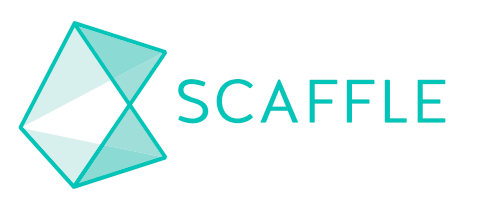$1k to $5k
estimated cost of external help
estimated cost of external help
- Scan and research
- Prioritise options
- Consult
0-2 weeks
estimated run time
estimated run time
3-5 weeks
estimated lead time
estimated lead time
6-15
participants
participants
Confident facilitator
recommended experience
recommended experience
A small-group discussion led by a facilitator. Focus groups are a consultative method that is used to discover preliminary issues that are of concern to a community, or to test ideas and reactions regarding proposed solutions. Additionally, they can help explore concerns that might prevent a proposal from going ahead, or areas that require further research or consultation.
As the group size is small, many focus groups are required to get meaningful or representative results. This technique is best used for fast insights, to be followed up with other methods to improve reach and representation.
As the group size is small, many focus groups are required to get meaningful or representative results. This technique is best used for fast insights, to be followed up with other methods to improve reach and representation.
In 5 steps...
- Establish the purpose of the session with the participants and lay down the ground rules. This might include reminding participants about how their information will be anonymised so that they feel comfortable and ready to begin.
- Try to establish a conversation between the participants that relates to your desired research outcomes. Often, the more spontaneous this conversation, the better the results.
- Keep track of time, and be ready to gently redirect the conversation when needed to meet outcomes.
- Make a note of non-verbal cues in the course of the conversation, in addition to what is being said.
- After completion, identify if there are still unanswered questions, or new questions that have been raised, which should be incorporated into further focus groups.
When to use it
Focus groups are most helpful at the beginning and end of a process, with the former focused on quickly getting an understanding of issues and concerns, and the latter supporting the confirmation and/or prioritisation of solutions.
Benefits
Immediate
- Quick but detailed feedback.
- Ability to explore the rationale behind initial reactions.
- Group interaction forces participants to question their reactions, and shows how social norms can influence outcomes.
- Allows for the in-depth discussion of issues.
- Increased understanding of the complexity of local issues.
- Higher-quality, better-aligned solutions.
- Better communication involving the public on issues of concern.
Risks
- Power dynamics that naturally occur in groups may contribute to some participants tending to take up more air time and swaying the opinions of others. Watch for this and be ready with a strategy to enable more-equal sharing.
- There may be a lack of representation. Because of the small group size and the power of groupthink dynamics that occurs, your results will be informative but not necessarily fully reflective of the thoughts of the population as a whole. Focus groups are best used as a quickly accessed source of deep information, rather than as evidence for decision-making.
Tips
Beforehand
- Decide the preferred structure of the focus groups and how many you need to run to achieve your goals.
- Determine if and how you will compensate participants for their time. Compensation can be an important factor in attracting the harder-to-reach groups.
- Source the participants – you can use marketing research groups to assist with this, or advertise locally.
- Arrange a time and location that is appropriate for the group’s make-up. This may mean meeting out of hours and having a location near easy parking or public transportation.
- Consider any ethical issues. Also, have questions vetted by an external party or advisory committee to ensure that you’re not asking questions that might cause issues, and make sure you have the means of assuring participants that their information will be handled respectfully and safely – particularly if the session is recorded.
During the process
- Ask participants to be respectful of each other, and to remember that there is no right or wrong answer in this space.
- Keep the conversation flowing, and try to make sure everyone has an opportunity to speak.
- Move away from a conversation that is creating conflict if it is not helping to unpack an issue that is critical to your objectives.
Afterwards
- Follow up by thanking participants for their time and letting them know how they can track the progress of your project.
Also see:
• https://www.citizensadvice.org.uk/Global/CitizensAdvice/Equalities/How%20to%20run%20focus%20groups%20guide.pdf
• https://mccrindle.com.au/insights/blogarchive/top-10-tips-for-running-focus-groups/
• https://mccrindle.com.au/insights/blogarchive/top-10-tips-for-running-focus-groups/
